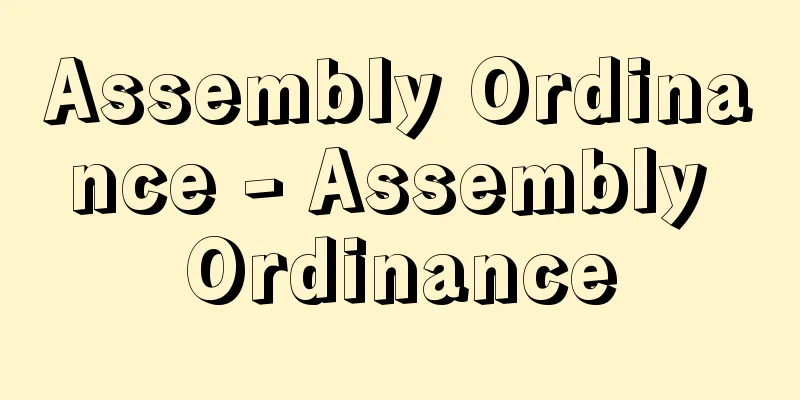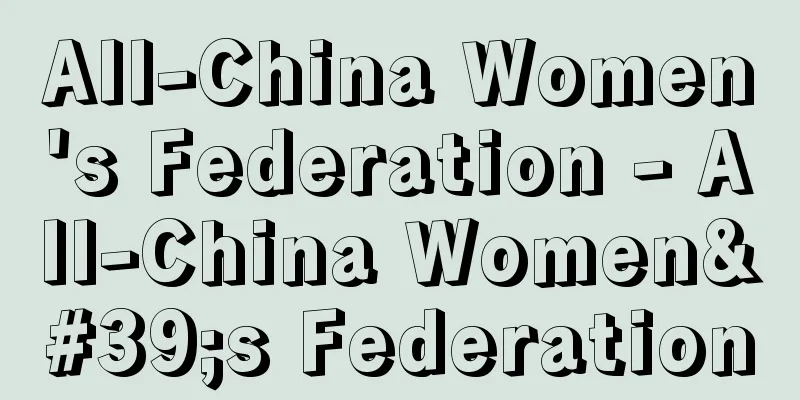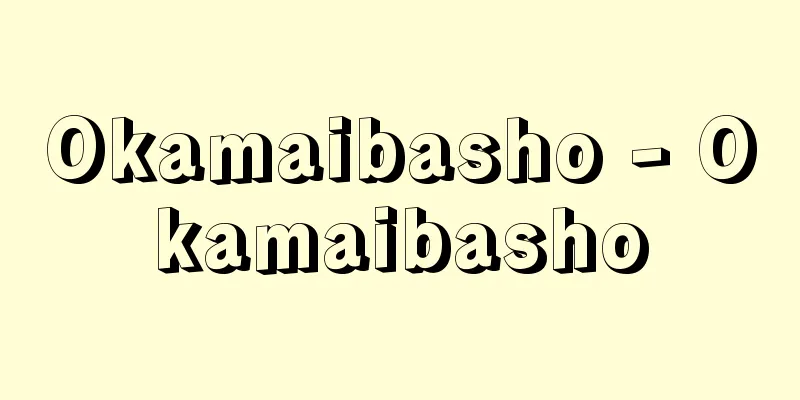Assembly Ordinance - Assembly Ordinance

|
This law was enacted in the early Meiji period with the aim of suppressing the Freedom and People's Rights Movement. After the Satsuma Rebellion, the Freedom and People's Rights Movement spread through political speeches and other events, and from 1879 (Meiji 12) to 1880, it reached unprecedented heights as a petition movement for the establishment of a national Diet. Faced with this situation, the government enacted this ordinance on April 5, 1880. Its contents included the requirement that political speeches and political parties must be notified and approved by the police in advance, that police officers monitoring the venue be given the right to disband assemblies, and that military personnel, teachers, and students be prohibited from engaging in political activities. In December of the same year, the law was amended to give the Metropolitan Police Commissioner and prefectural governors the right to disband political associations and the right to ban speeches within their jurisdictions for up to one year. In June 1882, the law was amended to give the Minister of Home Affairs the right to ban speeches nationwide for up to one year and to prohibit the establishment of branch offices of political associations. The extent to which this ordinance, which took away the freedom of assembly and association, impeded the Freedom and People's Rights Movement is immeasurable. This was succeeded by the Law on Assembly, Government and Society, promulgated on July 25, 1990. [Sumio Ohirakata] [Reference item] |Source: Shogakukan Encyclopedia Nipponica About Encyclopedia Nipponica Information | Legend |
|
自由民権運動の弾圧を目的とした明治時代前期の法律。西南戦争後、政談演説会などを通じて自由民権運動は広がり、1879年(明治12)から80年にかけて国会開設請願運動として空前の高揚をみせた。こうした状況に直面した政府は、80年4月5日この条例を制定した。内容は、政談演説会・政社は事前に警察署に届け出て認可を受けること、会場監視の警察官に集会解散権を与えること、軍人・教員・生徒の政治活動を禁止すること、などであった。同年12月、警視長官・地方長官に政治結社解散権と管内における1年以内の演説禁止権を与えるように改正。82年6月には、内務卿(きょう)に1年以内の全国での演説禁止権を与え、政治結社の支社設置を禁止するなどの改正を行った。集会・結社の自由を奪うこの条例が自由民権運動に及ぼした障害の大きさは計り知れない。90年7月25日公布の集会及政社法に継承された。 [大日方純夫] [参照項目] |出典 小学館 日本大百科全書(ニッポニカ)日本大百科全書(ニッポニカ)について 情報 | 凡例 |
<<: Begonia evansiana - Begonia evansiana
Recommend
Jacques Audiberti
1899‐1965 French playwright. He started out as a j...
Staphylococcus aureus
The most pathogenic of all staphylococci. A common...
Traveling around the country - Kaikokushugyo
...Traveling around the country to train in marti...
Pseudocydonia sinensis (English spelling) Pseudocydoniasinensis
...The Chinese name Indian rosewood was given to ...
Guaiacol - Guayacol (English spelling)
The correct name is o (ortho)-methoxyphenol or 2-...
Profornis bavarica (English spelling) Profornisbavarica
...It is classified as a member of the Archaeopte...
Killer Tar Juniya - Killer Tar Juniya
…His biography is unclear, but his name appears o...
Weissen Berg (English spelling)
…The Battle of White Mountain was a battle betwee...
Akizaki Yatsushiroran - Akizaki Yatsushiroran
… G . gracilis Blume is a rare plant with a pedic...
Tomsk (English spelling)
Tomsk is the capital of Tomsk Oblast in southern W...
Gibbs, Josiah Willard
Born: February 11, 1839 in New Haven, Connecticut ...
Burmese War - Burmese War
Three colonial wars between Britain and Burma (no...
Luo - ra (English spelling)
A Chinese dactyl. A general term for instruments m...
Verkade, J.
...The original members were Bonnard, Vuillard, H...
Umaoi [Hot Spring] - Umaoi
...In the northern part of the prefecture, potato...









![Esashi [town] - Esashi](/upload/images/67cb0627b3391.webp)